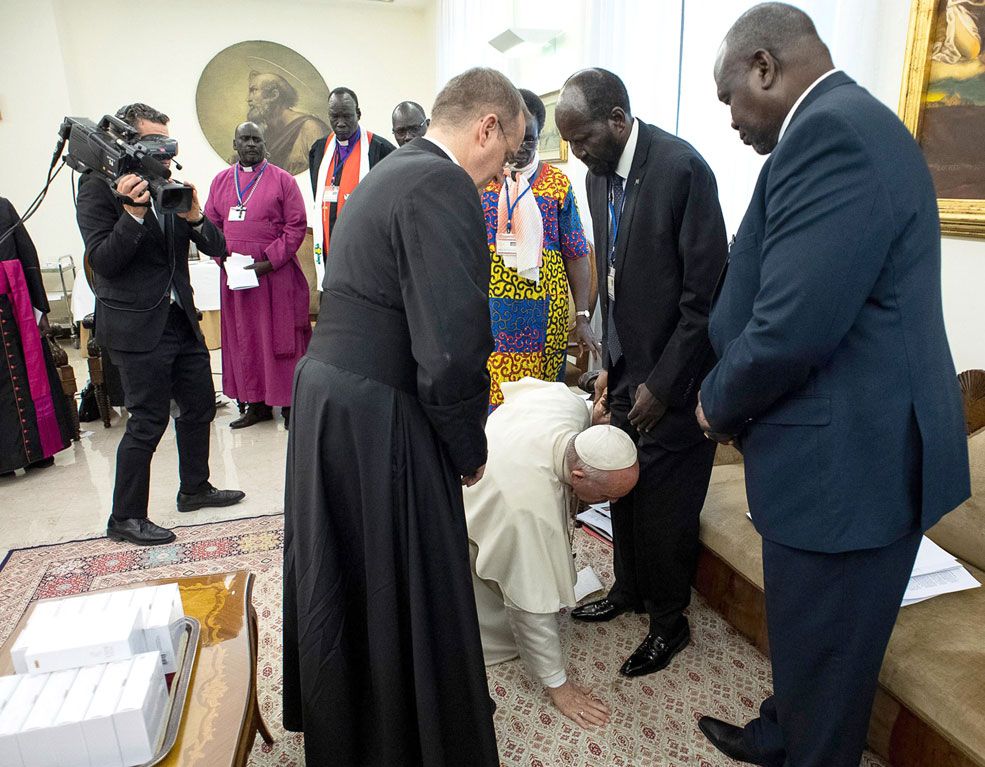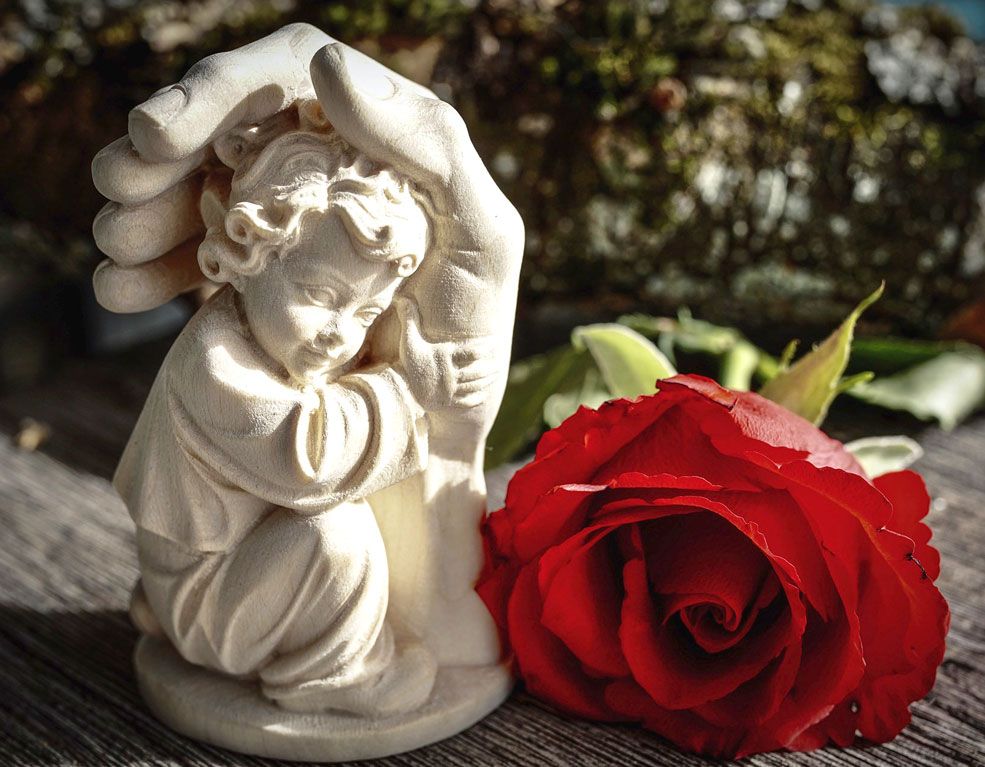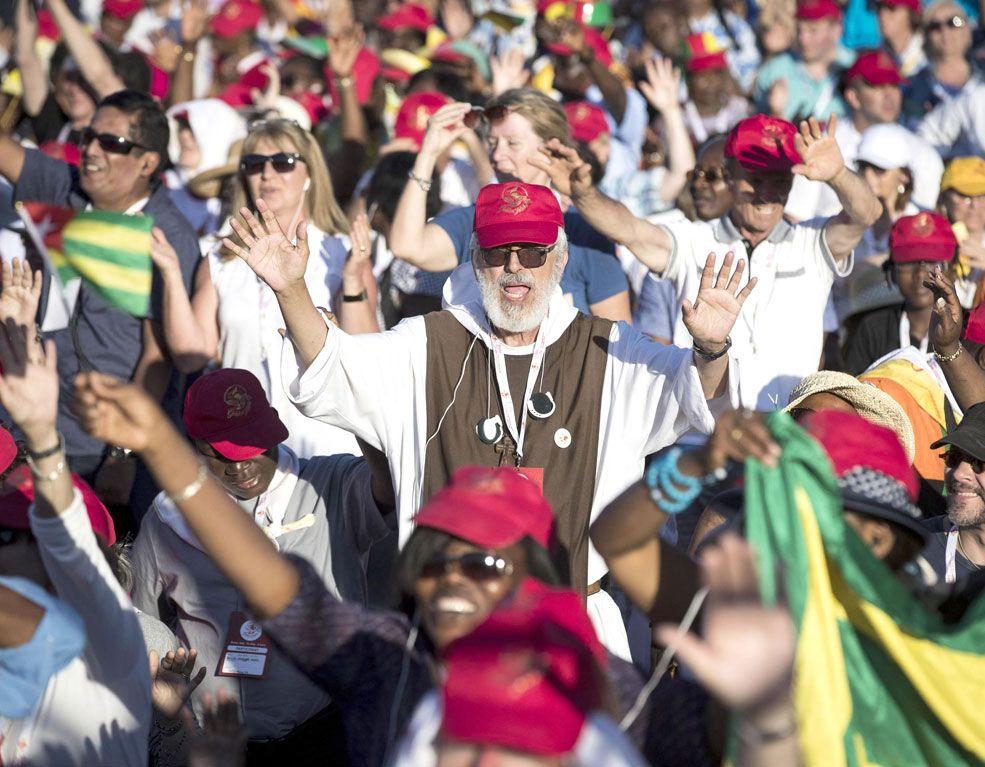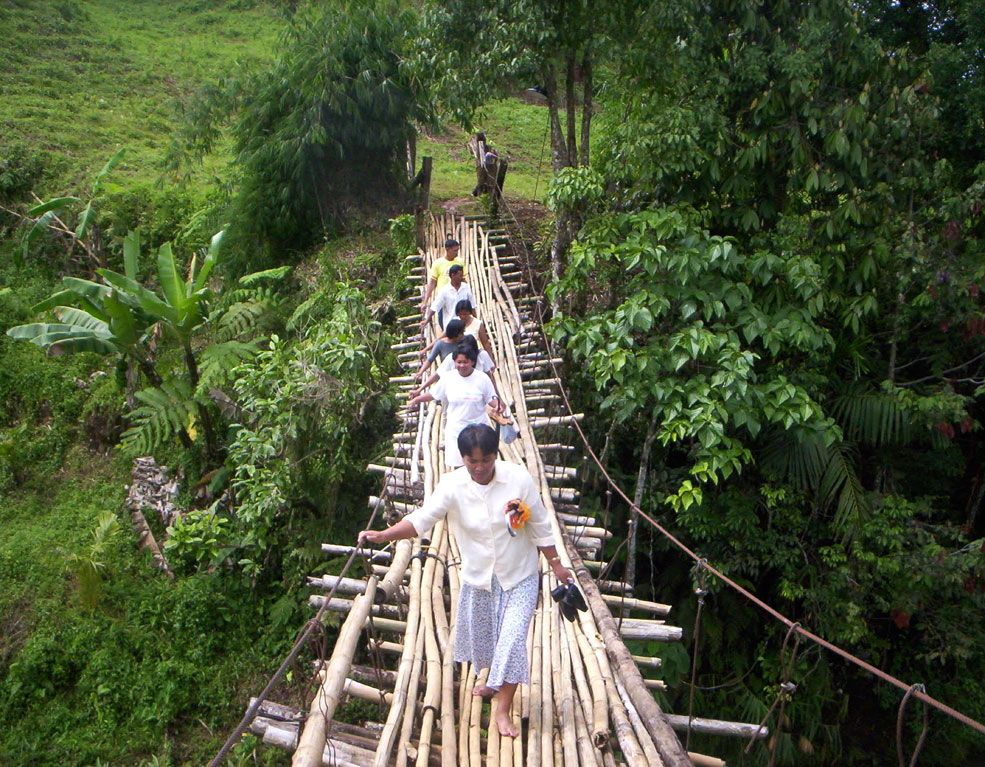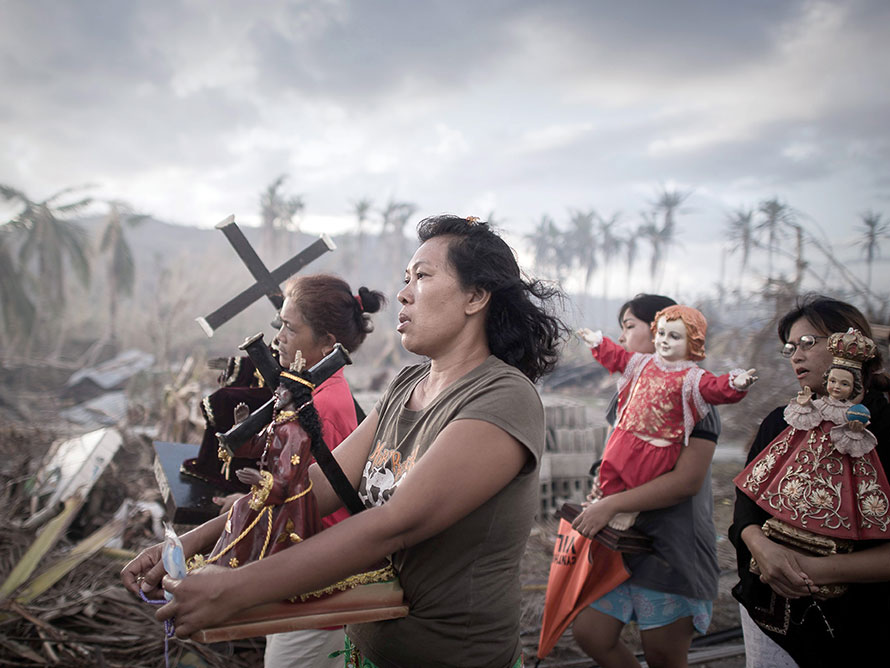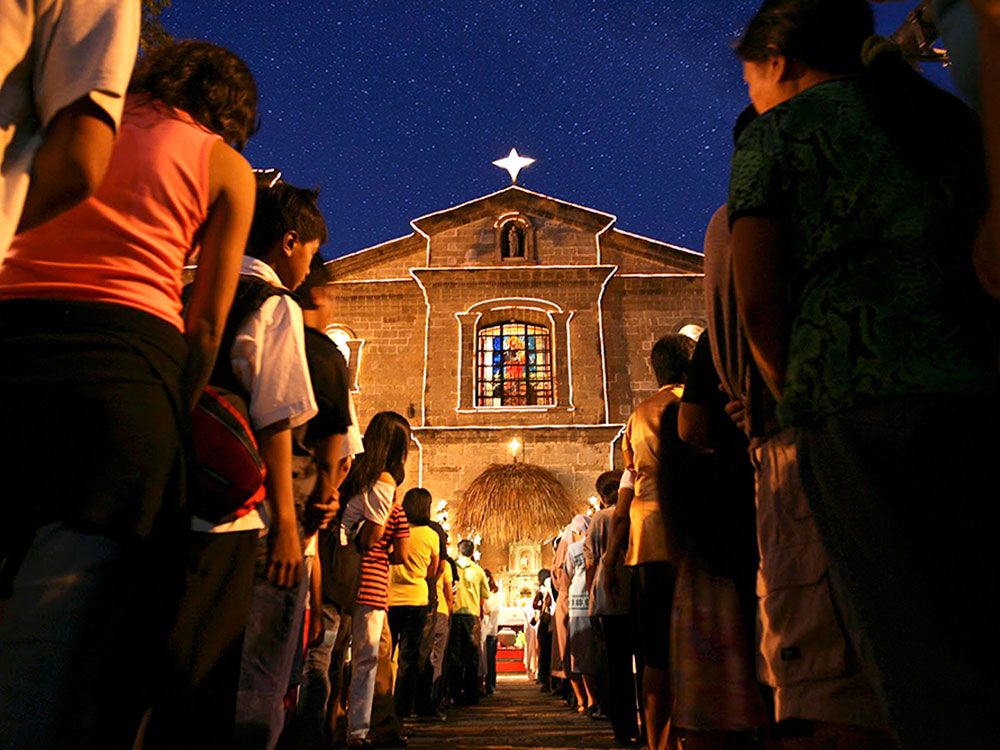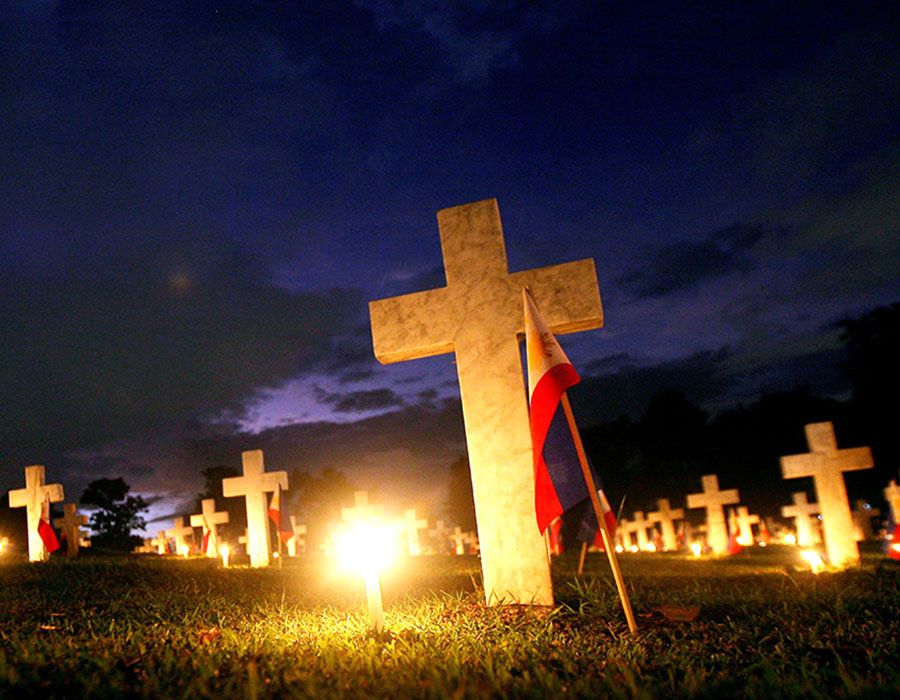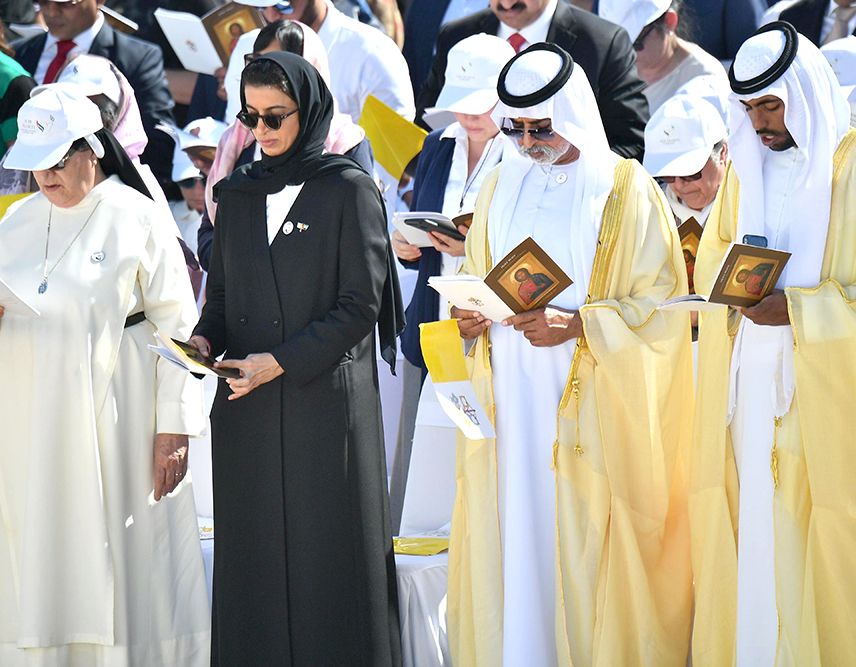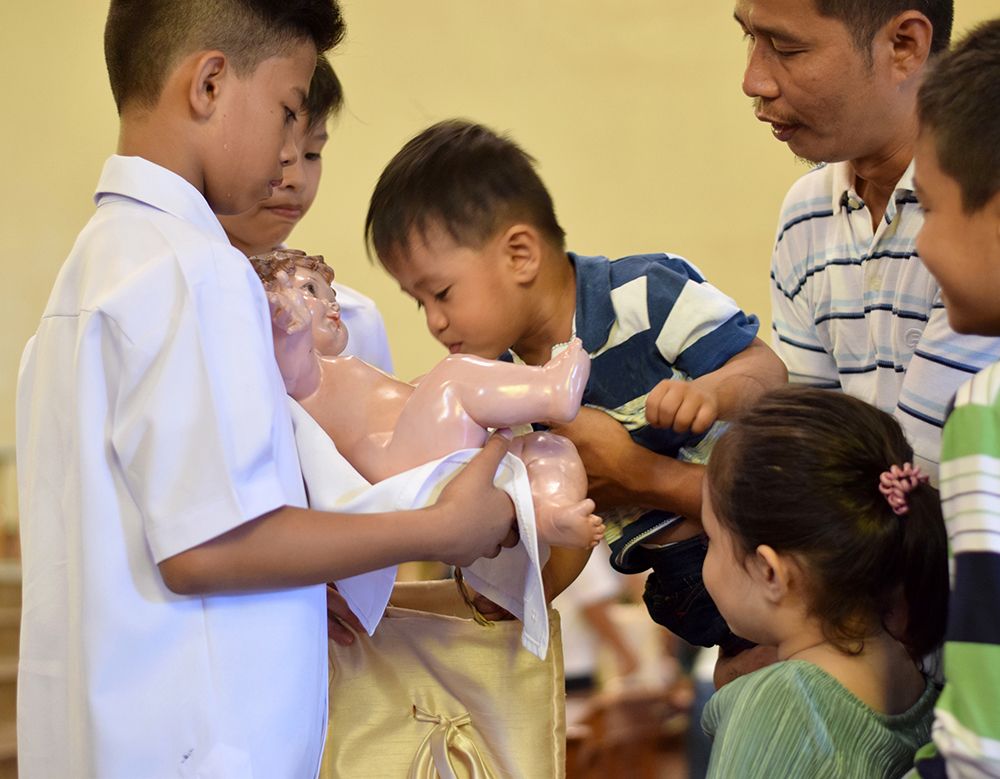I was born in 1984, in Sulop, in the province of Davao del Sur, in the island of Mindanao, southern Philippines, but I grew up in General Santos City, formerly known as Dadiangas. My father, Artemio Caspis, is a driver of a tricycle, a public vehicle consisting of a motorcycle and an attached passenger sidecar. My mother, Emelda Caspis, is a housewife.
After my elementary education, I entered the Notre Dame of Dadiangas, a university in General Santos City, a Catholic institution run by the Marist Brothers that offers secondary education, undergraduate and graduate courses. Eventually, I was convinced to continue my college studies in the same institution.
I followed the course of Bachelor of Education as a ‘working student.’ I worked for five hours in the morning, and then ran to the university to attend classes. Things got a bit better when I got the job as student assistant of a professor at my university.
“Don’t Do That To Us”
During the second year at college, my friends invited me to a camp, in a ‘Come and See’ programme run by the Franciscan Capuchins. The leaflet they put into my hands spoke of “a journey to discover one’s specific vocation in life.” For a year, we spent every weekend in praying and thinking about priesthood vocation. The idea of being a priest attracted me.
The problem was how to tell my parents. Somehow, they had already smelled a rat, and agreed on the strategy to follow in case I would come up with an ‘unorthodox’ option of life. So, when I dropped a hint that I could become a priest, they reacted negatively: “What will happen to us? You are our only child. How could you leave us alone?” The pain I saw in their eyes almost paralysed me, and I decided to put aside the idea of priesthood and concentrate on my studies.
But I had drawn the bill without the innkeeper. I had left out God, who never leaves things unfinished. In fact, when I was about to finish my college, we had the visit of Fr. Marnecio Cuarteros, a young Filipino priest of the Comboni Missionaries Institute, a vocation promoter of his institute. As soon as I saw him, the old desire, which was lying frozen in my mind, began to thaw and revive. When he offered me the possibility to attend a retreat, without hesitation I said I would.
“Make Up Your Mind”
The retreat gladdened me. The old desire was as vivid and intense as ever. I even asked Fr. Marnecio if I could talk to him privately. A few minutes of dialogue were enough for him to be direct, almost blunt: “You are called to be a priest. No doubt about that. Why don’t you consider being a Comboni missionary?” He did not wait for an answer. He took a few books and put them in my hands; “Read them. Pray. Meditate. And make up your mind.” Accompanying me to the door, he added: “Let us be in touch.”
I read those books more than once. The Life of Daniel Comboni, the founder of Fr. Marnecio’s institute, thrilled me. His missionary spirit inspired me. His total dedication to African peoples, for whom he had spent his entire life, became something I wanted to imitate and share.
I had other encounters with Fr. Marnecio. The process of discernment lasted three years because he insisted that I should finish my degree course.
After getting the diploma, I decided once again to wait. I signed a year-long contract to teach in a primary school. I liked teaching, but the call to be a Comboni missionary became stronger and stronger. My parents had a special ‘radar’ that allowed them to detect what was going on in my mind. They must have sensed that I was still in search of my life project. They kept asking me: “Are you sure that teaching is really what you want?”
One day, back from school, I showed them the letter with which I had terminated the contract with the school. “I must answer the call. I want to join the Comboni postulancy,” I told them. Surprisingly, Dad said: “We will be crying when you go. Know, however, that you can go with our blessing. Only remember to be firm and strong. The life you have chosen is special. We will always support you.”
Among The Pokot
From then on, my life went as smooth as oil. At first, I spent two years of Postulancy in Manila and then two years in Mexico for the Novitiate. Both periods turned out to be brilliant experiences that strengthened my decision to be a missionary.
In 2012, I was back in the Philippines for my first religious profession. A week later, I received the official letter that appointed me to Nairobi (Kenya), for my Scholasticate. In August, I set foot on African soil. I was full of enthusiasm and eager to begin my theological studies.
The first three months were a challenge. I had to adjust to the new culture. I even felt homesick: I missed the comfort and the way of life in my home. However, I soon learned to love the new community and enjoy its internationality. The theological courses at Tangaza College in Nairobi were very interesting.
The real magical moment came during the first school holidays. I went to Kacheliba, a Comboni mission among the Pokot. I did not speak a word of Kiswahili or Pokot, but it was still possible to share my life with the people. What really counts in human relationships is to show interest in others. For four years, I spent any period free from school there. Gradually, the Pokots became ‘my people,’ and I became their friend. The feeling of being expected was of indescribable beauty.
After completing my theological studies, I went to Kacheliba for a year-long missionary service. Now I was able to get by with Kiswahili. Communication was possible. I discovered the amazing simplicity of this ethnic group and their good hearts. Interacting with them was enriching. Slowly, I began to learn also their difficult language and that brought me closer to them. They wanted me to take my perpetual vows among them, which I did on 7th April 2017. The following day, in Kacheliba Church, packed to capacity, I was ordained deacon. I still carry with me a picture of me being carried on their shoulders. My destiny was sealed!
A Dream Come True
I went back home for my priestly ordination. On 27th October 2017. My parish church was crammed. Bishop Dinualdo D. Gutierrez was surrounded by over thirty priests: confreres, friends from other congregations and of the diocese. My parents were beside themselves with joy. I felt the ante-chamber of Paradise. I had realised my dream. I was overwhelmed by the immense love God had shown me.
In the afternoon, the same crowd gathered for a thanksgiving Eucharist in a chapel very near to my house. This was an opportunity for all my relatives, friends and neighbours to praise God for the gift of my vocation. My mom, wiping her tears, kept repeating: “My son is a priest. He is happy. And so am I.” My dad embraced me and whispered: “I am so proud of you.”
At the beginning of 2018, I went back to Kenya. The Provincial told me: “The Pokots are waiting for you.” The following day, I was in Kacheliba. “Welcome back,” was everybody’s greeting. I could breathe better. I had left behind what was dearest to me, but I gained back my heart.







